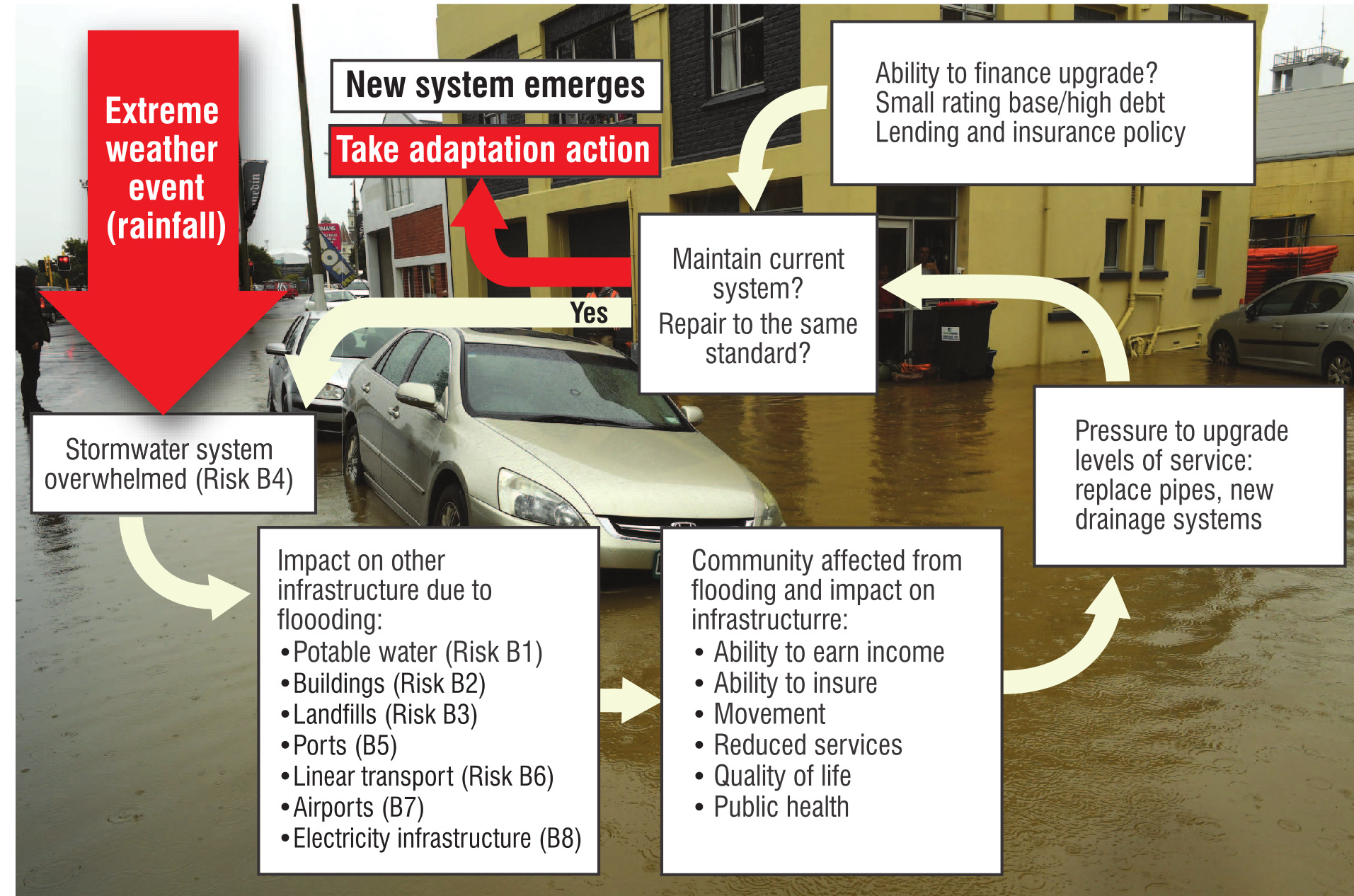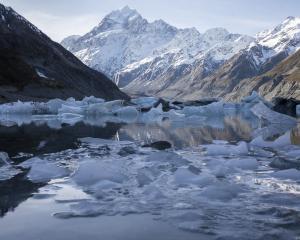

Many of the same areas were hit by drought and terrible wildfires in 2020, which caused fatalities, scarred the landscape and made the land less able to absorb water.
Risk from climate impacts, it appears, is everywhere.
Remember March 2019 when flooding on the West Coast washed out an old landfill site by the Fox River? Old rubbish was strewn across 21km of riverbed and 51km of coastline and clean-up involved community volunteers, the Department of Conservation and the military. Yet despite all that mahi and a $3.3 million Government grant, the rubbish is still showing up during storms.
Meanwhile, in March a report commissioned by the Government on the toxic waste stored at the Tiwai Point aluminium smelter, found sea-level rise and coastline erosion will lead to "eroding landfill ‘berms’ and releasing contaminants, causing extensive irreversible environmental damage and health impacts, with the potential to cause fatalities’.
Closer to home, the old Kettle Park landfill site is just one of the historic landfill sites in Otago that has already been exposed by coastal erosion and needs to be removed before more "arsenic, asbestos and other industrial chemicals" spread further. The 2020 National Climate Change Risk Assessment (NCCRA) sees a serious risk in old landfills with "potentially cascading consequences for public health, ecosystems and the economy".

In other words, old landfills and contaminated sites are a wicked problem with cascading impacts and no ready-made solution. There are, however, some bright spots. Mapping of old landfills is under way nationally, even if it’s rather haphazard at present. The Otago Regional Council for instance maintains a database called HAIL (Hazardous Activities and Industries List) that lists areas where there is a risk of contamination.
Documenting the risk is a critical first step and while the NCCRA "does not consider cascading impacts, interdependencies and future socio-economic projections" it does prepare the pathway for a National Adaptation Plan due in August 2022.
So should we just wait until 2022 then? I don’t think we can afford to simply kick the can down the road (and into the sea).
Right now consultation on the Dunedin City Council’s Long Term Plan is under way (until April 29) and among other things the council has set a goal of becoming a "zero waste city by 2030" with suggestions to reduce waste in the first instance. So that’s one opportunity to make our voices count.
System change requires our institutions to engage, and it can be frustratingly slow. Alongside our institutions are networks such as the Zero Waste Network, which "represents ... community enterprises across Aotearoa New Zealand who are working towards zero waste". Reducing waste, reduces emissions and reduces future landfill problems. The Zero Waste Network has very clear proposals to reduce waste, improve product stewardship and build a more circular economy. These are resources that can help when writing letters and submissions, and are also places to volunteer.
Building a future where we do things better is essential. But we still face the legacy of poor management of landfill consents issued years ago and we now have a sharper understanding of contaminants and their effects on people and planet.
I’d like to see the establishment of a national fund for remediating vulnerable historic contaminated sites as a priority and a holding to account of any corporate interests whose activities risk contamination.
In the meantime, I am acutely aware of the dilemma we all face. It’s not difficult to avoid use of toxic chemicals, but it is extremely hard to avoid plastic and harder still to see back along the supply chain to the impacts of the aluminium can that contains that cold beer. Along with urging our politicians to do better, we can have fun in doing better ourselves — growing more in our gardens, preserving our own produce, brewing our own beer — all of this reduces waste and is good for the soul.
Scott Willis is a climate and energy consultant. Each week in this column one of a panel of writers addresses issues of sustainability.












